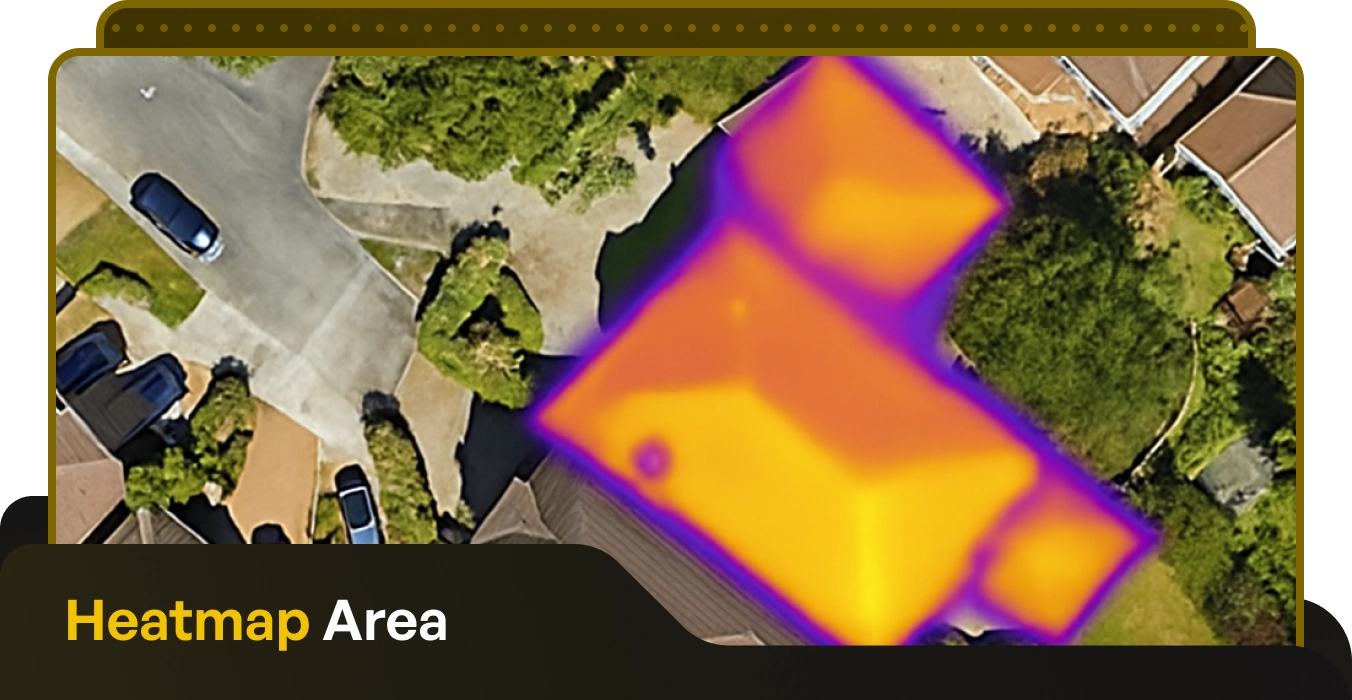6.8% reduction in greenhouse gas emissions in 2023

Written by: Michael Malone
Published: July 9, 2024
Last updated: October 8, 2025
Reading time: 1 mins
The key takeaways:
- Ireland’s greenhouse gas emissions decreased by 6.8% in 2023
- Power generation emissions decreased by 21.6%
- Residential emissions decreased by 7.1%
- Agriculture emissions decreased by 4.6%
Ireland’s greenhouse gas emissions decreased by 6.8% in 2023, reaching their lowest level in three decades and falling below the 1990 baseline.
This significant reduction was observed across almost all sectors, with the energy and agriculture sectors showing the largest single-year reductions.
Residential emissions also hit their lowest point since 1990, while transport emissions remained below pre-Covid levels.
Power generation emissions saw a notable decrease of 21.6% (2.2 Mt CO2eq), largely due to a 12-fold increase in imported electricity, which accounted for 9.5% of the supply in 2023.
Additionally, the share of renewable energy rose to 40.7%, and the use of coal, oil, and peat declined.
The emissions intensity of power generation dropped from 332g CO2/kWh in 2022 to a historic low of 255g CO2/kWh in 2023.
Agriculture emissions decreased by 4.6% (1.0 Mt CO2eq), attributed to an 18% reduction in nitrogen fertilizer use, decreased lime application, and a reduction in livestock numbers.
Although the number of dairy cows increased slightly by 0.6%, total milk production fell by 4.7% in 2023.
Residential emissions decreased by 7.1% (0.4 Mt CO2eq), marking the second consecutive year of substantial reductions.
Factors contributing to this decline included high fuel prices, a milder winter, and the implementation of nationwide solid fuel regulations.
Additionally, over 30,000 heat pumps were installed in Irish homes in 2023, bringing the total to 120,000.
Transport emissions increased marginally by 0.3% (0.03 Mt CO2eq) but remained 4.3% below 2019 pre-Covid levels.
This slight rise was partly offset by an increase in electric vehicles and biofuel use, despite a 3% increase in the vehicle fleet.
Commenting on the report, EPA Director General Laura Burke highlighted that 2023’s emissions were the lowest in over three decades.
“Ireland’s greenhouse gas emissions in 2023 were at their lowest level in over three decades, as a result of the largest reduction in emissions outside of recession,” she said.
“These are significant findings that signal the impact of climate action and decarbonisation measures across Ireland’s economy and society.”
“We see the impact of more renewables and interconnection powering electricity, less fossil fuel use in home heating, reduced nitrogen fertiliser use in agriculture and more biofuel in transport.”
Ms Burke added that the data indicates a move towards reducing greenhouse gas emissions at the scale and pace required to meet our climate targets.
“However, while these are positive results for the year 2023, we are still well off track in terms of meeting EU and national 2030 targets. We need to maintain and further build momentum.”
6.8% reduction in greenhouse gas emissions in 2023
Published: July 9, 2024
Last updated: October 8, 2025

Written by: Michael Malone
Reading time: 1mins
The key takeaways:
- Ireland’s greenhouse gas emissions decreased by 6.8% in 2023
- Power generation emissions decreased by 21.6%
- Residential emissions decreased by 7.1%
- Agriculture emissions decreased by 4.6%
Ireland’s greenhouse gas emissions decreased by 6.8% in 2023, reaching their lowest level in three decades and falling below the 1990 baseline.
This significant reduction was observed across almost all sectors, with the energy and agriculture sectors showing the largest single-year reductions.
Residential emissions also hit their lowest point since 1990, while transport emissions remained below pre-Covid levels.
Power generation emissions saw a notable decrease of 21.6% (2.2 Mt CO2eq), largely due to a 12-fold increase in imported electricity, which accounted for 9.5% of the supply in 2023.
Additionally, the share of renewable energy rose to 40.7%, and the use of coal, oil, and peat declined.
The emissions intensity of power generation dropped from 332g CO2/kWh in 2022 to a historic low of 255g CO2/kWh in 2023.
Agriculture emissions decreased by 4.6% (1.0 Mt CO2eq), attributed to an 18% reduction in nitrogen fertilizer use, decreased lime application, and a reduction in livestock numbers.
Although the number of dairy cows increased slightly by 0.6%, total milk production fell by 4.7% in 2023.
Residential emissions decreased by 7.1% (0.4 Mt CO2eq), marking the second consecutive year of substantial reductions.
Factors contributing to this decline included high fuel prices, a milder winter, and the implementation of nationwide solid fuel regulations.
Additionally, over 30,000 heat pumps were installed in Irish homes in 2023, bringing the total to 120,000.
Transport emissions increased marginally by 0.3% (0.03 Mt CO2eq) but remained 4.3% below 2019 pre-Covid levels.
This slight rise was partly offset by an increase in electric vehicles and biofuel use, despite a 3% increase in the vehicle fleet.
Commenting on the report, EPA Director General Laura Burke highlighted that 2023’s emissions were the lowest in over three decades.
“Ireland’s greenhouse gas emissions in 2023 were at their lowest level in over three decades, as a result of the largest reduction in emissions outside of recession,” she said.
“These are significant findings that signal the impact of climate action and decarbonisation measures across Ireland’s economy and society.”
“We see the impact of more renewables and interconnection powering electricity, less fossil fuel use in home heating, reduced nitrogen fertiliser use in agriculture and more biofuel in transport.”
Ms Burke added that the data indicates a move towards reducing greenhouse gas emissions at the scale and pace required to meet our climate targets.
“However, while these are positive results for the year 2023, we are still well off track in terms of meeting EU and national 2030 targets. We need to maintain and further build momentum.”
Solar Energy Saves Households Thousands in Electricity Costs
Take our 2-minute questionnaire and find affordable solar options to suit your budget and lifestyle.



